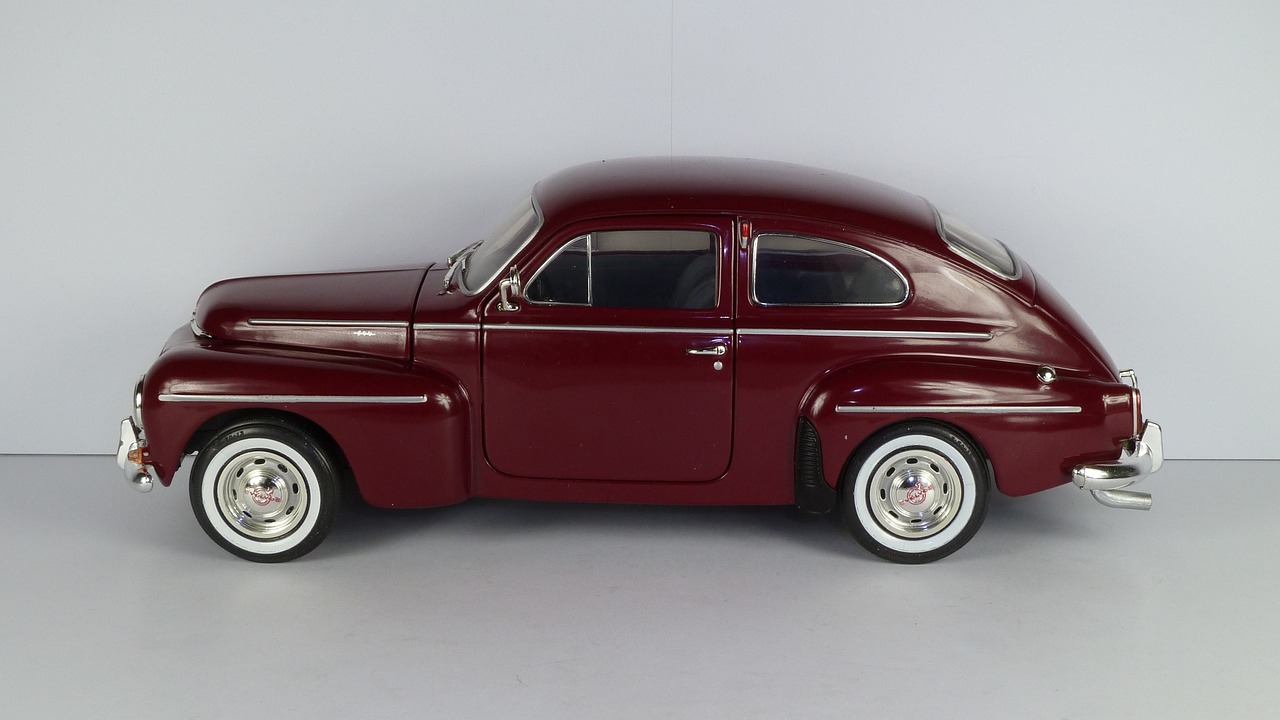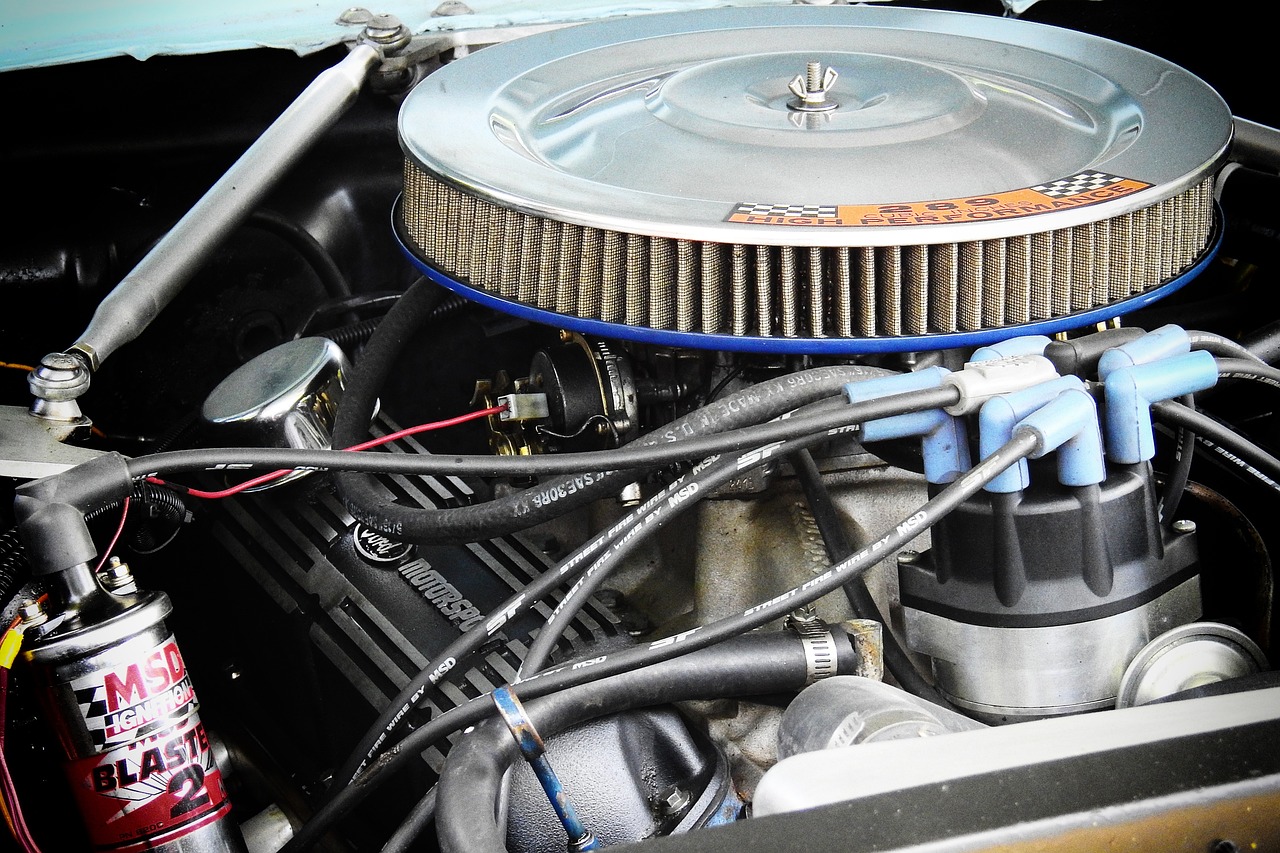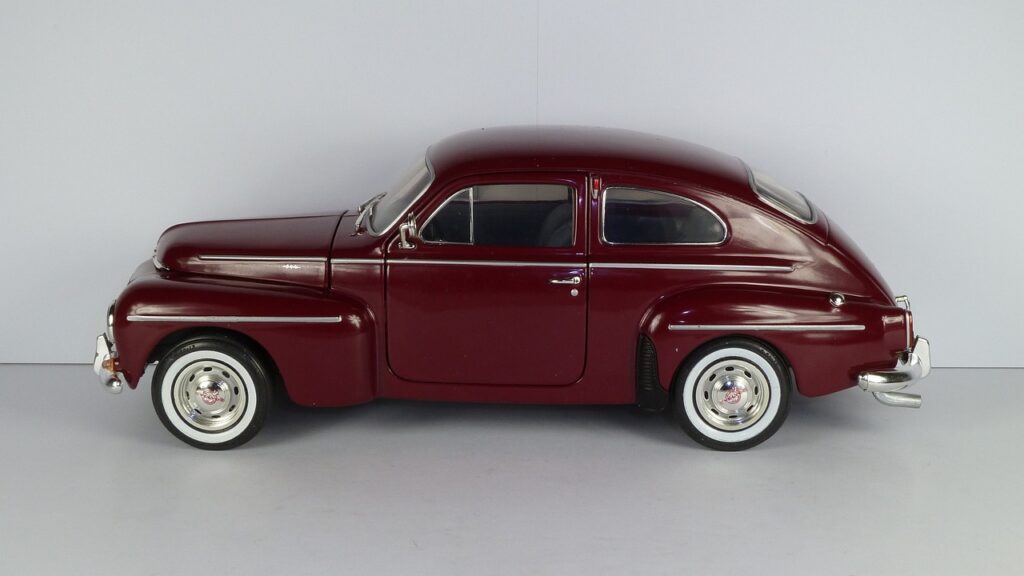An internal combustion engine needs filters, indeed a range of filters. An “internal combustion engine” refers, for example, to a gasoline or diesel engine. Without any filters at all, it is quite logical that a lot of dirt or particles of substances that can cause damage will enter and accumulate.
When internal combustion engines began to be used in Sweden in the early 1900s, it was around the same time that experiments with oil filters in engines began. Air filters, fuel filters, and cabin filters followed. Of course, the more advanced your engine is, the more filters it has. Before tips and advice on different filters in the car, here’s some car history.
Early Swedish car history
The first car to set foot in Sweden was probably a Panhard with a Daimler engine from France, used at an industrial exhibition in 1891.In 1897-98, the first Swedish car with an internal combustion engine was designed by Gustav Eriksson.
So when did the big Swedish car factories come into being? When did Saab and Volvo begin production? Although Saab had been producing aircraft and other items for decades, it was not until 1947 that the first car model, the Saab 92, was produced. Series production began two years later.
Volvo started in 1927, first with trucks and soon with cars. The first passenger car was the ÖV4, which went into series production in 1928.

These early cars had internal combustion engines, of course, but they didn’t have oil filters. Oil filters became more common in the 40s and 50s.
There were of course many other small brands in the early history of the car in Sweden. For example, have you heard of the brands “Tidaholms bruk”, “Nyköping Automobilfabrik” and “Vabis”? For various reasons, it was Saab and Volvo that became the big Swedish “car giants”.
The function of the oil filter
As filters are used in all systems, check which ones you should change next in your car. What about the oil filter? The oil filter is the first filter to be experimented with in early internal combustion engines, and this is of course due to problems with particles constantly contaminating the oil in the system.
Simply put, when you go to change the engine oil in your car, it’s probably much darker than when you poured it in, because it’s full of metal particles and other things.
The oil filter must therefore also be changed regularly, and the most common practice is to change it when changing the engine oil. What happens if you don’t? Over time, the particles damage the engine through wear and tear, and eventually various points can become clogged and the car won’t even start.
Of course, performance and fuel consumption are also affected by contaminated oil. So don’t be careless with your oil filter, it’s really important!
The function of the air filter
As for the air filter, it also has an important function. This is not about filtering any liquid of course, but the air. Air filters must also be changed regularly in order not to impair the performance and life of the car.
There are different types of air filters and the most common are panel air filters. You probably have them in your car and they are not very expensive and easy to change. Other types of air filters are cylindrical air filters and K&N. All air filters are designed to clean the air from dust and particles so that the engine is not contaminated.

Air filters entered the car industry in the 1950s and became standard in the 1960s. If you are a lucky owner of a Swedish Saab or Volvo from that time – and the engine still runs well – it may be partly due to the fact that the engine has both an oil filter and an air filter.
The function of the fuel filter
The fuel filter did not exist in early cars and did not become common until the 1950s. The function of the fuel filter is to remove dirt particles from gasoline, for example.
One source can often be the gas tank, which tends to rust over the years. Of course, it is not good that pieces of rust get into the engine through the fuel.
In the case of diesel-powered internal combustion engines, it is particularly important to keep water out, and the fuel filter plays an important role in protecting the engine from it.
Change the fuel filter at appropriate intervals when servicing your car.
The function of the cabin filter
The most important filter, which one is it? From a human point of view, it should be the cabin filter because it purifies the air entering the cabin. It therefore protects your health and that of your passengers by filtering out dust, dangerous particles and pollen.
The cabin filter is therefore recommended to be changed every year.
More information on the website foretagskallan.se on the early years of Swedish car history.


